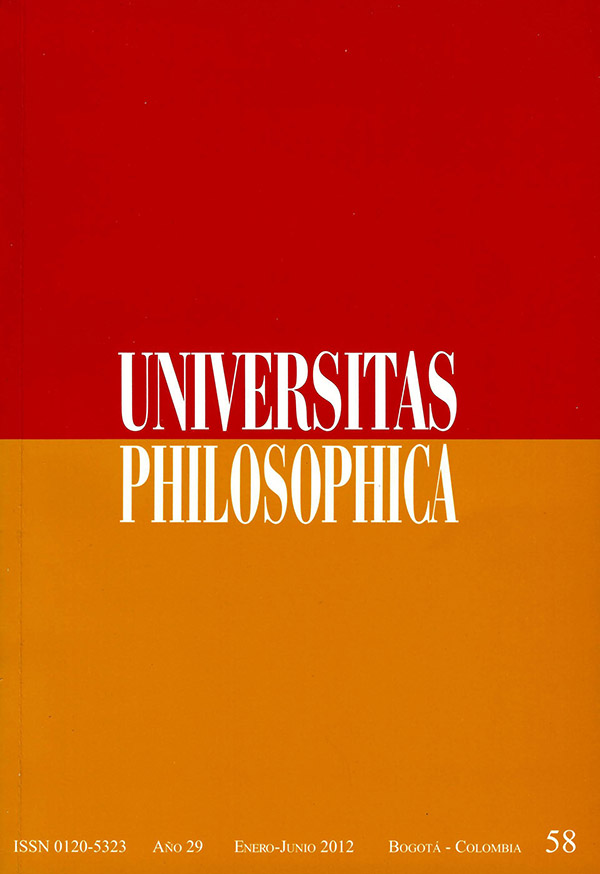Resumen
Este artículo explora la tesis de Michael Pollan, en El dilema del omnívoro, que un modelo industrial inadecuado impuesto a los ritmos biológicos de la agricultura, y una política gubernamental miope de los Estados Unidos de pago directo de subsidios al maíz, perpetúa un sistema alimentario no sostenible que se ramifica en el deterioro y la decadencia ecológica y social a largo plazo. La explicación heurística de Bernard Lonergan sobre el bien de orden y el ciclo más largo de la decadencia, proporciona el marco filosófico para comprender los elementos que intervienen en la quiebra de estos círculos flexibles de esquemas de recurrencia en los niveles tecnológico, económico y político. En el fondo, la falta de un desarrollo armónico inteligente y razonable en el interior de estos tres niveles de la sociedad lleva al fracaso en (1) integrar de forma armónica los esquemas de recurrencia inferiores dentro de órdenes superiores y (2) en comprender que están presentes sesgos individuales y sociales en la consolidación vertical de la producción, procesamiento y distribución de alimentos, en manos de unas pocas corporaciones con ánimo de lucro. Después de una primera exploración de múltiples consecuencias negativas, explico la noción de desarrollo del bien de orden de Bernard Lonergan con el fin de destacar el sesgo general operativo en el actual e insostenible sistema industrial alimentario. Por último, considero la posibilidad que emerjan nuevos esquemas de recurrencia que busquen dar marcha atrás al ciclo más largo de la decadencia.
Esta revista científica se encuentra registrada bajo la licencia Creative Commons Reconocimiento 4.0 Internacional. Por lo tanto, esta obra se puede reproducir, distribuir y comunicar públicamente en formato digital, siempre que se reconozca el nombre de los autores y a la Pontificia Universidad Javeriana. Se permite citar, adaptar, transformar, autoarchivar, republicar y crear a partir del material, para cualquier finalidad (incluso comercial), siempre que se reconozca adecuadamente la autoría, se proporcione un enlace a la obra original y se indique si se han realizado cambios. La Pontificia Universidad Javeriana no retiene los derechos sobre las obras publicadas y los contenidos son responsabilidad exclusiva de los autores, quienes conservan sus derechos morales, intelectuales, de privacidad y publicidad.
El aval sobre la intervención de la obra (revisión, corrección de estilo, traducción, diagramación) y su posterior divulgación se otorga mediante una licencia de uso y no a través de una cesión de derechos, lo que representa que la revista y la Pontificia Universidad Javeriana se eximen de cualquier responsabilidad que se pueda derivar de una mala práctica ética por parte de los autores. En consecuencia de la protección brindada por la licencia de uso, la revista no se encuentra en la obligación de publicar retractaciones o modificar la información ya publicada, a no ser que la errata surja del proceso de gestión editorial. La publicación de contenidos en esta revista no representa regalías para los contribuyentes.


